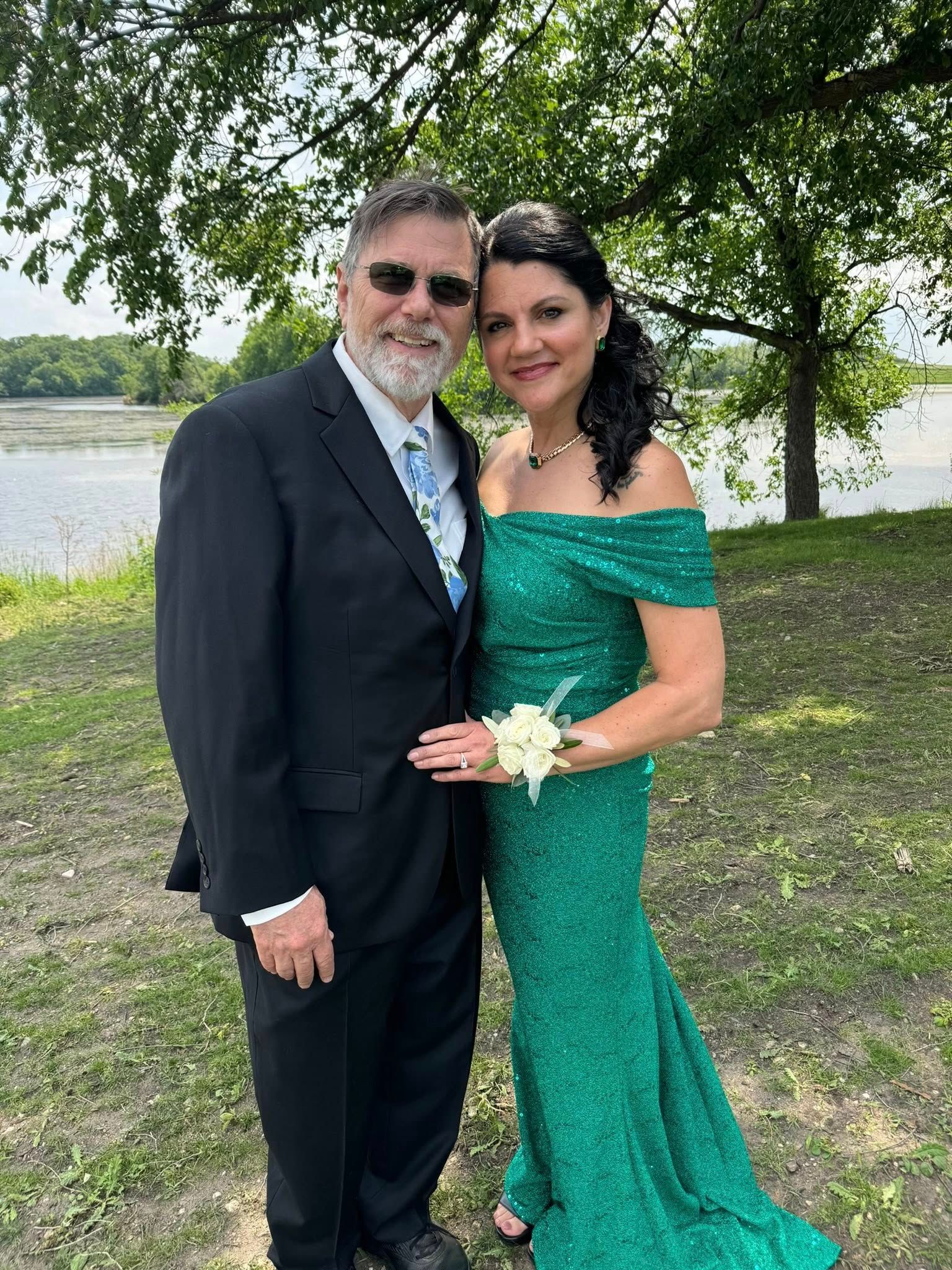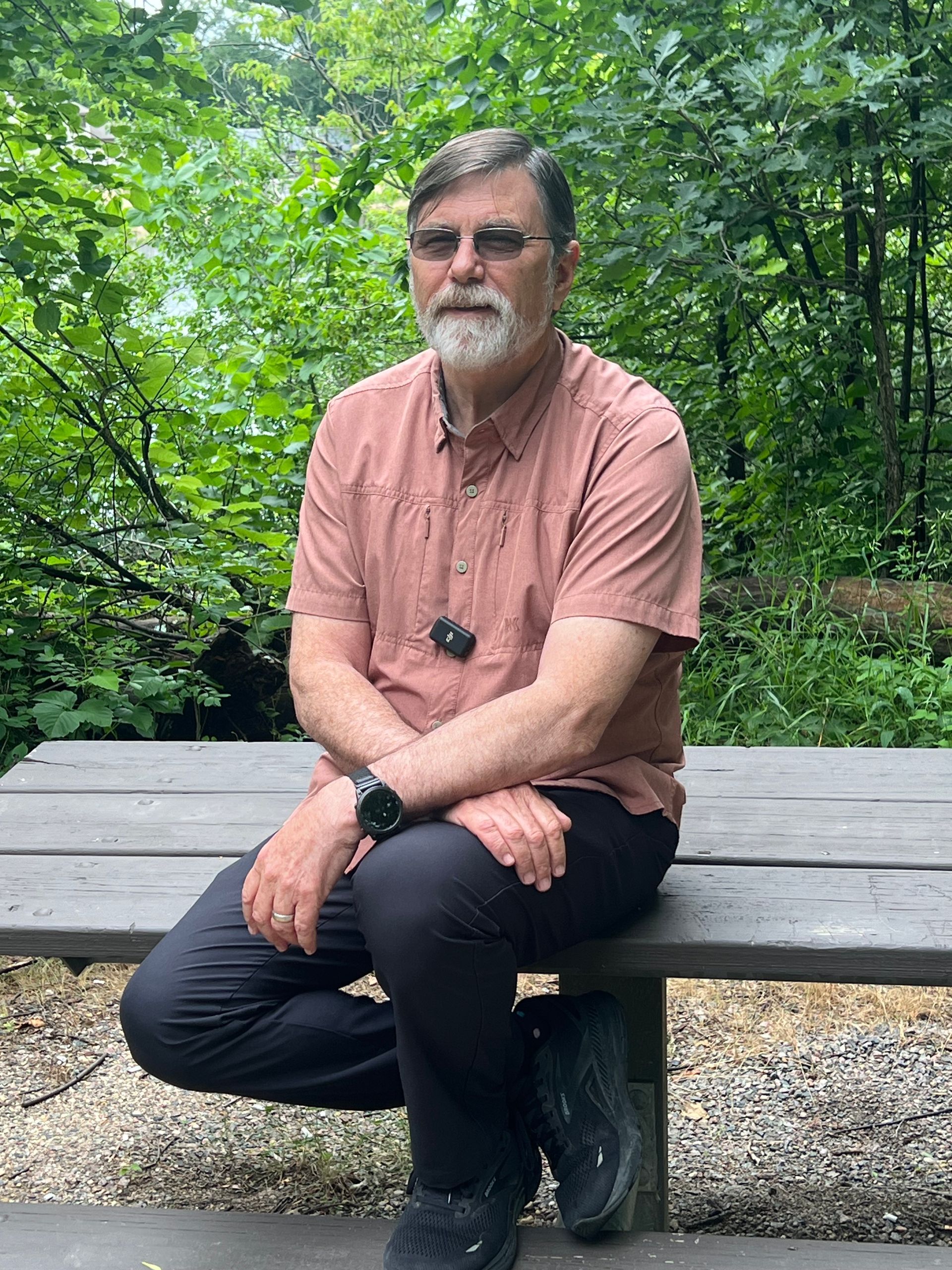The Art of Letting Go: How Less Becomes More on the Path to Wellbeing

"Perfection is not achieved when there is nothing left to add, but when there is nothing left to take away."
~Antoine de Saint-Exupéry
We live in a world that worships accumulation: more knowledge, goals, healing modalities, hacks, supplements, upgrades, and tools. Even in personal growth and spiritual awakening, the impulse to add can quietly become another form of striving.
But what if the most profound transformation, what we might call Persistent Transcendent Fundamental Wellbeing (PTFW), doesn’t come from stacking on more... but from releasing?
PTFW is a Process of Subtraction
PTFW isn’t something you build; it’s something you uncover. It's not a new version of yourself you construct. The original self is revealed when the noise, tension, and trying fall away.
This is the paradox of deep well-being: You don’t get there by doing more. You get there by doing less of what isn’t you.
You stop managing your experience and start meeting it.
You stop rehearsing who you’re supposed to be and begin remembering who you already are.
You don’t gain clarity by thinking harder; you find it in the silence that’s been there all along.
Letting Go is Not Passive—it’s Profoundly Active
Letting go is a skill. It’s not giving up, it’s giving over. It’s choosing to surrender control, not out of weakness, but from a deeper trust in the wisdom beneath the noise.
When you meditate, you’re not trying to “achieve stillness.” You’re noticing what’s in the way—and then letting it be.
When you pause in the middle of your day to breathe and feel, you’re not “doing mindfulness.” You’re letting go of the grip the mind has on the moment.
When you choose presence over perfection, silence over reaction, awareness over analysis, you’re not losing. You’re returning.
What We Let Go Of
Letting go doesn't mean becoming indifferent or disengaged. It means loosening the clutch around what’s no longer serving. In the process of uncovering PTFW, here’s what often falls away:
- Excessive self-monitoring: You begin to trust your presence more than your performance.
- The inner critic: Its voice gets quieter as awareness grows louder.
- The need to fix: You start to realize you’re not broken. You’re buried.
- Mental clutter: You learn to rest in not knowing, and it feels like peace.
What Remains
When all that noise dissolves, what remains is something startling in its simplicity:
- A still center.
- A quiet confidence.
- A sense of being fundamentally okay, no matter what’s happening around you.
This is the essence of PTFW. It’s not a peak state or spiritual high. It’s the quiet well you return to when there’s nothing left to prove, perform, or perfect.
The Practice of Subtraction
You don’t have to renounce the world or sit in a cave to begin. Letting go can start with tiny shifts:
- Let go of multitasking. Be here.
- Let go of finishing the thought. Breathe instead.
- Let go of the judgment. Notice what’s underneath.
- Let go of fixing the moment. Allow it.
The more you release, the more space there is for something more profound to emerge. Not because you built it, but because you uncovered it.
Final Thoughts
The path to Persistent Transcendent Fundamental Wellbeing isn’t a climb. It’s a shedding. It’s not about polishing the mirror but wiping away the dust. When there’s nothing left to take away, what remains is not emptiness, but presence. Not absence, but essence.
And in that space, you find that you were whole all along.
-Dr. Sult












